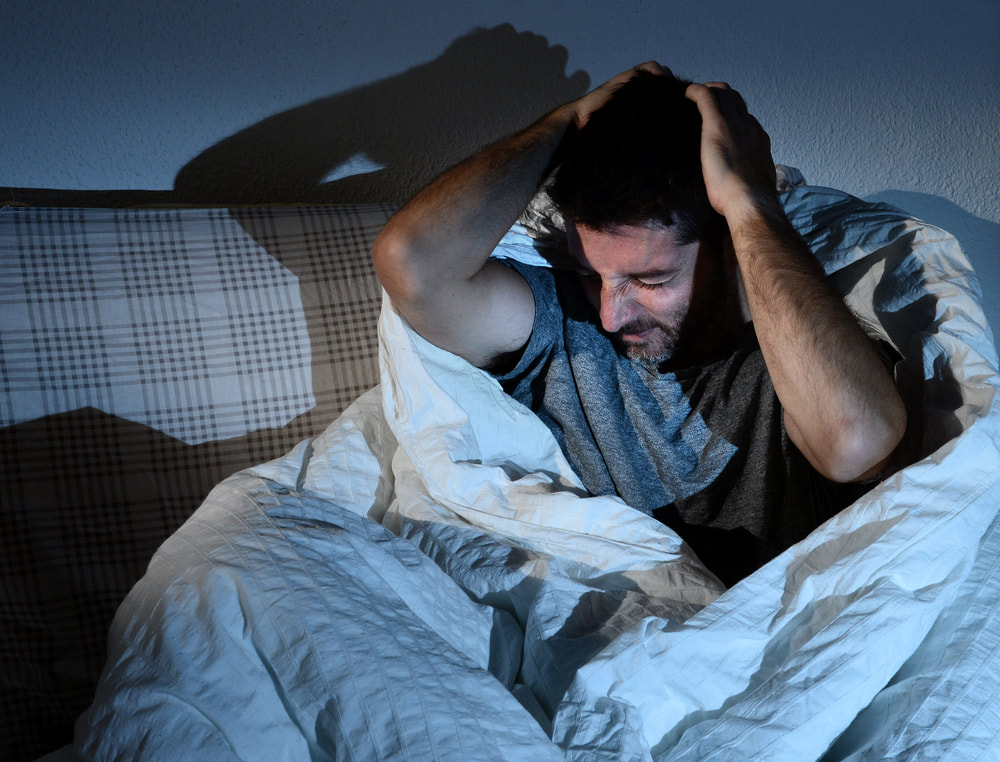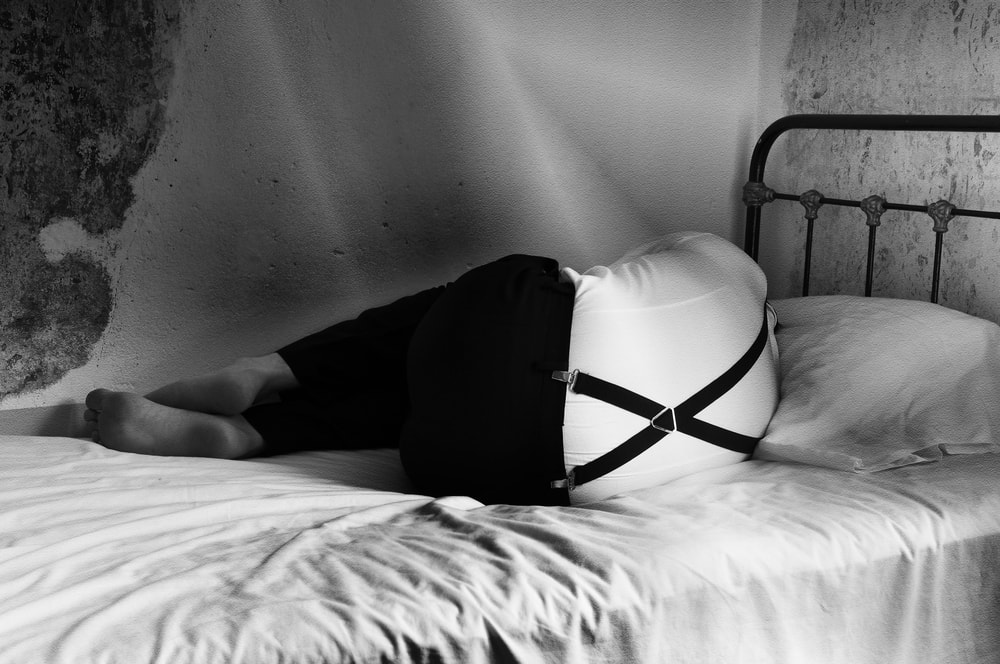|
It’s a common misperception in the media and society that people with mental disabilities are prone to commit crimes. A 2016 analysis by Johns Hopkins University found that more than a third of all news stories related to mental disabilities were linked to violence despite the fact that few violent acts can be attributed to mental disability.
Mental Illness A more recent study published in July of 2018 in JAMA Psychiatry found that, in fact, people with mental illness are more likely to be the victims of crime rather than the perpetrators. The study estimates that one-quarter of all mentally ill individuals are the victim of a crime each year. That’s higher than the rate of violent victimization in general. The study showed that the greatest increase in danger was from violent crime. Men diagnosed with a mental illness had a 76% increase in likelihood that they would be the victim of a violent crime while women’s risk went up nearly three-fold. These statistics, in contrast with data showing that those with mental illness make up a small number of violent offenders, demonstrate that there are greater risks that a mentally ill individual will be a crime victim than a criminal. Researchers hope that the study will improve understanding of the risk of victimization of the mentally ill and helped change public perception. Intellectual and Developmental Disability People with intellectual and developmental disabilities (I/DD) also face a high likelihood of being crime victims. While there is no way to determine exactly how many individuals with I/DD are the victims of crime since many crimes go unreported, researchers estimate that those with I/DD are 4 to 10 times more likely to be crime victims. Individuals with I/DD are seven times more likely to be the victims of sexual assault than the general population. They are more likely to be assaulted by someone they know and are often the victims of repeat assaults. Many of these crimes go unreported and unprosecuted because I/DD victims are frequently not understood or believed. This is in contrast to the lower number of those with I/DD committing crimes. If you or a loved one with a mental illness or intellectual or developmental disability has been arrested or convicted of a crime, you need an experienced criminal defense attorney on your side. Elizabeth Kelley specializes in representing individuals with mental illnesses and intellectual and developmental disabilities. To schedule a consultation call (509) 991-7058.
0 Comments
By some accounts more than half of the prison population in the United States suffers from a mental illness. Once in prison, many of these mentally ill individuals don’t receive treatment and instead their symptoms get worse. The lack of mental health treatment results in many prisoners being punished for their symptoms instead of treated. Self-Harm Behavior Incidents of self-harm are common symptoms in some mental illnesses including borderline personality disorder and bipolar disorder. Behaviors such as cutting and suicide attempts require intense treatment. But instead, many prisoners who self-harm face punishment such as being placed in solitary confinement or losing good time. They also face disciplinary hearings rather than therapy sessions. Some states such as Washington, Vermont, and Oregon, have recognized that taking disciplinary action against a prisoner who self-harms does not prevent the behavior. These states have discontinued the policy of punishing those prisoners who self-harm and instead focus on getting help for the prisoners. Failure to Follow the Rules A prisoner with a mental illness may not understand that there are rules in prison that must be followed by everyone. Prisons and jails have dozens of rules that prisoners are required to follow, some for safety and some just for the sake of having rules. If a prisoner with a mental illness doesn’t understand where to stand during count, for instance, or where to place his tray after meals, he could be punished. A mentally ill prisoner who suffers from paranoia may be afraid to follow the rules. Situations like auditory or visual hallucinations can sometimes lead to mentally ill prisoners disregarding rules and being punished. Corrections officers usually aren’t trained on how to recognize mental illness and therefore are unable to determine if someone is acting out because of their illness or just being disobedient. Officers are trained to take control of a situation and when someone steps out of line they are trained to discipline. Solitary Confinement Punishment in prison for self-harm, rule breaking, or other outbursts usually involves some sort of segregation from the rest of the prison population. Solitary confinement can harm individuals with no mental illness. It has an especially detrimental effect on those who are already suffering. Being shut in a windowless room without access to other humans can exacerbate the symptoms of the mentally ill and lead to further punishment that places a mentally ill prisoner in an endless cycle. If you or a loved one with a mental illness has been arrested or convicted of a crime, you need an experienced criminal defense attorney on your side. Elizabeth Kelley specializes in representing individuals with mental illnesses and intellectual and developmental disabilities. To schedule a consultation call (509) 991-7058.
According to the National Registry of Exonerations, 23% of overturned homicide cases involved a false confession. As of 2018, 280 people have had their convictions overturned based, at least in part, on false confessions. Cases such as that of Henry Lee McCollum, a 19-year old with I/DD, who falsely confessed to the rape and murder of a child under intense police interrogation, demonstrate that people with I/DD and mental illness are uniquely susceptible to false confessions.
How Interrogations Work In the book Representing People with Mental Disabilities, William C. Follette, Richard Leo, and Deborah Davis note in their chapter on False Confessions: “The first goal of an interrogator is to question the suspect freely. To accomplish this and other goals, it is best not to raise resistance in the suspect to being questioned or to the interrogator. The interrogator may attempt to question the suspect, while not informing him or her that or she is suspected of the crime. Sometimes police ask people to come in for an interview to ‘help them’ with the investigation, but with no clarification about whether the person is actually a suspect or merely someone providing ‘helpful’ information this strategy also helps avoid the necessity of administering Miranda warnings that might make clear one’s status as a suspect and raise unwanted resistance. These are only required if the suspect is under arrest or would reasonably not feel free to refuse questioning. In many cases an interrogator can successfully proceed from the seemingly friendly ‘helping with the investigation’ phase of questioning into a long accusatory interrogation that results in a confession before Miranda rights are brought up.” What Factors Can Lead to a False Confession?
If you or a loved one with an intellectual or developmental disability has been arrested or convicted of a crime, you need an experienced criminal defense attorney on your side. Elizabeth Kelley specializes in representing individuals with mental illnesses and intellectual and developmental disabilities. To schedule a consultation call (509) 991-7058.
A federal report noted that inmates in federal prison with mental illness spend more time in solitary confinement or restrictive housing than inmates without documented mental illness. While Bureau of Prison regulations prohibit the isolation of prisoners who show evidence of a significant mental disorder, the evidence indicates that the practice still remains in essence. There are some factors that can lead to mentally ill inmates being placed in solitary confinement and there is evidence that these inmates may suffer more as result of such punishment.
Factors Leading to Solitary Confinement With such high numbers of inmates suffering from mental illness, it has become a cliché that prisons are the new mental health facilities. Many inmates have a mental illness that goes undiagnosed or is not treated while they are in prison. Mental illness can manifest in strange behavior and rule breaking. Rule infractions can lead to punishment such as placement in solitary confinement. In addition, acts of self-harm and threats of suicide can lead mentally ill inmates to be placed in solitary confinement. According to the federal report, 29% of inmates demonstrating psychological distress have been put in solitary confinement. Exacerbation of Symptoms Sensory stimulation and social contact are extremely limited in solitary confinement. Inmates in solitary confinement are typically alone in their cells for twenty-three hours a day. These conditions can cause physiological and psychological distress for any inmate. Most inmates in solitary confinement experience some type of emotional, cognitive, or psychosis-related symptoms. Research has shown that spending time in solitary confinement makes people depressed, anxious, socially withdrawn, paranoid, and ultimately more violent. Longer stays in solitary confinement can exacerbate mental health issues that are already present. Symptoms such as anxiety, depression, paranoia, and even psychosis can become more pronounced due to isolation. This can lead to higher incidences of self-harm and suicide among inmates with mental illness. Limiting Solitary Confinement Some states have started limiting the amount of time that inmates with mental illness can stay in solitary confinement. The federal report cites six state department of corrections officers claiming that Massachusetts, Mississippi, and New York enacted at least a 30-day limit for solitary stays, and Colorado, Maine, and Pennsylvania have discontinued putting inmates with mental illnesses in solitary confinement. If you or a loved one has mental illness and has been arrested or convicted of a crime, you need an experienced criminal defense attorney on your side. Elizabeth Kelley specializes in representing individuals with mental illnesses. To schedule a consultation call (509) 991-7058. |
Details
Archives
March 2024
Categories |




 RSS Feed
RSS Feed